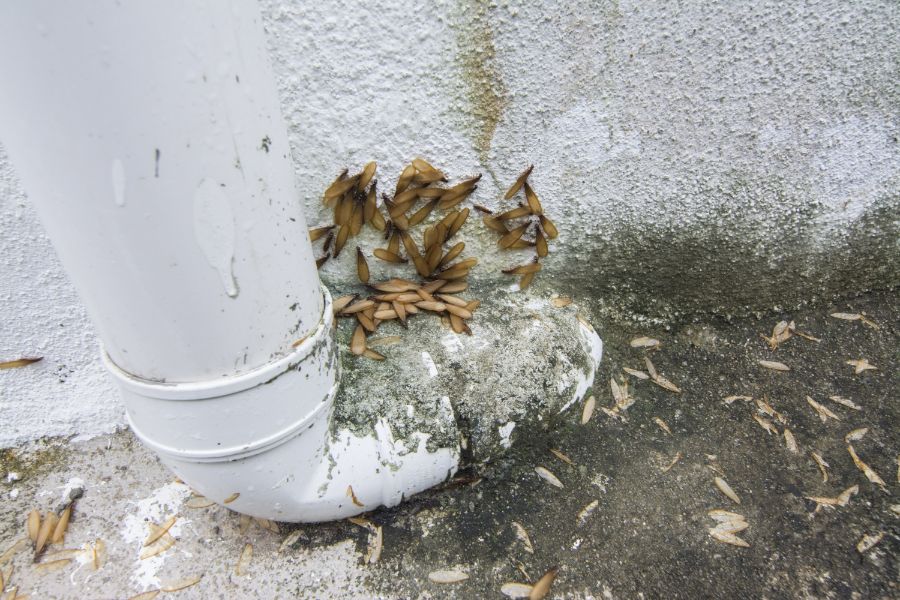
While some pests are only active during a certain part of the year, termites are not one of them. Many people think that spring is termite season due to the seasonal swarming, but these insects can be a threat even in the wintertime. Because termites are constantly active, they pose a constant threat to homes and businesses.
Do Termites Prefer Warm Weather?
Termites thrive in warm weather and are most active when temperatures are mild to hot. They prefer temperatures between 75°F and 95°F, which is why they are often more noticeable during the spring and summer months. In warm weather, termites are also more likely to swarm and establish new colonies, which is why people often mistakenly assume that they are only a problem when the weather is warm.
Do You Have a Termite Problem? We Can Help.
Click the button below to leave your information & we'll be in touch in an hour or less.
Where Do Termites Go In the Winter?
During colder months, termites may become less active on the surface but will continue to infest and cause damage to your property. They often retreat deeper into the soil or seek shelter within the warmth of your home’s structure to escape freezing temperatures. To survive the winter, termites will:
- Seek out wood that is easy to burrow deeply into.
- Dig deeper into the soil where it is warmer.
- Slow egg laying, but still continue to reproduce.
- Rarely leave the colony until temperatures warm up.
In climate-controlled structures, they may not even need to change their behaviors to survive the cold, so it’s important not to let your guard down even in the wintertime.
Are Termites Seasonal?
Unfortunately no, termites are not seasonal. They can be a problem in Manhattan, Kansas City Metro, and surrounding areas throughout the entire year. While they tend to be more active during the spring and summer, they don’t stop causing damage when the seasons change. To stay ahead of these pests, it’s essential to schedule regular inspections with a termite control expert like those at American Pest Management.
Back to Termite Identification